How can AI add value for the patient and policy makers ?
- According to the value equation of healthcare it is:
- proportionally dependent on the quality and the service of healthcare. Assessment of this includes patient access, patient outcomes and patient satisfaction,
- inversely proportional to the cost (the lower the cost, the higher the value)
Let’s keep this equation in mind when thinking of the value of an AI-driven intervention in health?
How Can Ai improve the clinician experience ?
- How can we reduce burnout? We know that physicians are burning out at an alarming rate. The COVID-19 pandemic has exacerbated that.
- Can we use AI interventions to decrease the burden of practicing medicine and restore the joy to practice? And how can we move the needle in terms of costs? When we think about this, this really helps shape our objective.
- Think of integrating AI solutions into the the five tenets of clinical decision-making, according to Dr. Osheroff, we need to think about clinical decision support that provides:
- the right information
- to the right person
- in the right intervention
- through the right modality
- at the right time in the workflow.
- Thus, when you think about that, you can see how it adds all these levels of complexity into the clinical deployment.
- Building the technology is an important first step, but how it is actually deployed is absolutely critical.
How can AI improve the clinicians experience….practically speaking ?
- According to a survey to dermatologists needs (July, 2020 made by the American Academy of Dermatology:
- more interest in upstream applications (material inputs needed for production):
- scheduling
- coding and billing
- documentation
- image enhancement.
- less enthusiasm overall for downstream applications (where products get produced and distributed) = clinical decision-making occurs:
- diagnosis and differential diagnosis.
- more interest in triaging patients to determine who may or may not need in-person dermatology more urgently.
- some interest in patient monitoring and usually monitoring of lesions or monitoring of the evolution of eruptions.
- some interest for treatment recommendation and prognosis prediction.
Note that the presenter has used the concept of Augmented Intelligence instead of Artificial Intelligence. Please refer to the introductory article of this term.
Ivy Lee, MD. Augmented Artificial Intelligence in Dermatology. Core concepts and clinical decision making. 8th World Congress of Teledermatology, Skin Imaging and AI in Skin diseases – November 2020







